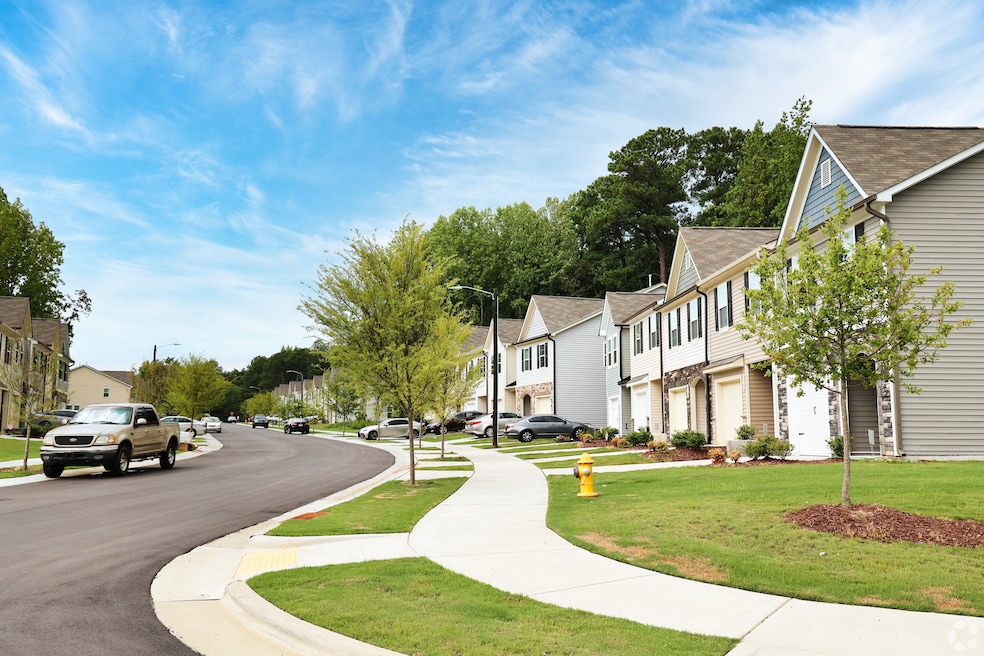A recent change to North Carolina state law may make it more difficult for cities and towns to limit where or how housing can be built by requiring property owners to give permission for new development restrictions.
The change forbids the practice of so-called downzoning, or when a local government reduces the allowable development on a property by imposing limits on what can be built beyond those that already exist. If a landowner was previously allowed to build a three-story house, for instance, a city can’t amend the rules so that they can only build to the second floor unless the owner agrees in writing.
Experts say the revised law is especially significant because local governments often make these types of changes on a broad scale that affects whole neighborhoods, such as limiting development in a community that once allowed apartments to single-family homes. It may also limit cities’ ability to increase the minimum distance between buildings, for instance, or to impose standards on building design.
The North Carolina General Assembly passed the ordinance that applies to commercial as well as residential development in December and it went into effect retroactively as of June. So in a case where a city downzoned a property between June and December, a property owner could now come forward and challenge it.
“I think there is a lot of concern, because cities aren’t sure how this is going to affect development,” Scott Mooneyham, director of political communication for the North Carolina League of Municipalities, said in an interview. His group is opposed to the revised law.
The law is somewhat akin to one that went into effect in Arizona in 2006. Though that state’s law doesn’t block governments from scaling down allowable development, it requires them to compensate owners if they can show their property lost value as a result.
From the Homes.com blog: Real estate comps: Understanding the value of your home
The North Carolina provision was tucked into a relief bill for areas that suffered damage from Hurricane Helene after it struck the western part of the state in October. Mooneyham and Steven Webb, who directs legislative affairs for the North Carolina Homebuilders Association, said they don’t know who put the change into the bill.
“We were surprised to see it,” Webb said. “It’s not something we asked for, but we were supportive of it because local governments have abused the zoning process to, quite frankly, extort developers over the years.”
He cited an example in Wake County, where the state capital, Raleigh, is located, in which a local government reduced the allowable development on a certain property. It did so in response to a 2015 state law that blocked cities from requiring homes to meet design standards that tend to drive up prices, such as requiring exterior brick instead of vinyl siding.
Having reduced what could be built on the property, the local government was able to pressure a developer that wanted to build houses there to include those design standards, Webb said. Otherwise, the developer was unlikely to be able to restore the allowable development to what it was before the downzoning.
“I know local officials are expressing the will of people in their communities who don’t want to see any new construction,” he said. “But local governments have been a major obstacle in our ability to provide housing.”
In addition to housing itself, things homeowners do with their property from backyard chicken coops to short-term rentals could be affected by the revised law, Adam Lovelady, who teaches at the University of North Carolina School of Government, wrote in an online analysis.
“There are many questions. One thing is clear: the law dramatically alters the authority for local governments to amend local zoning ordinances,” he said.

